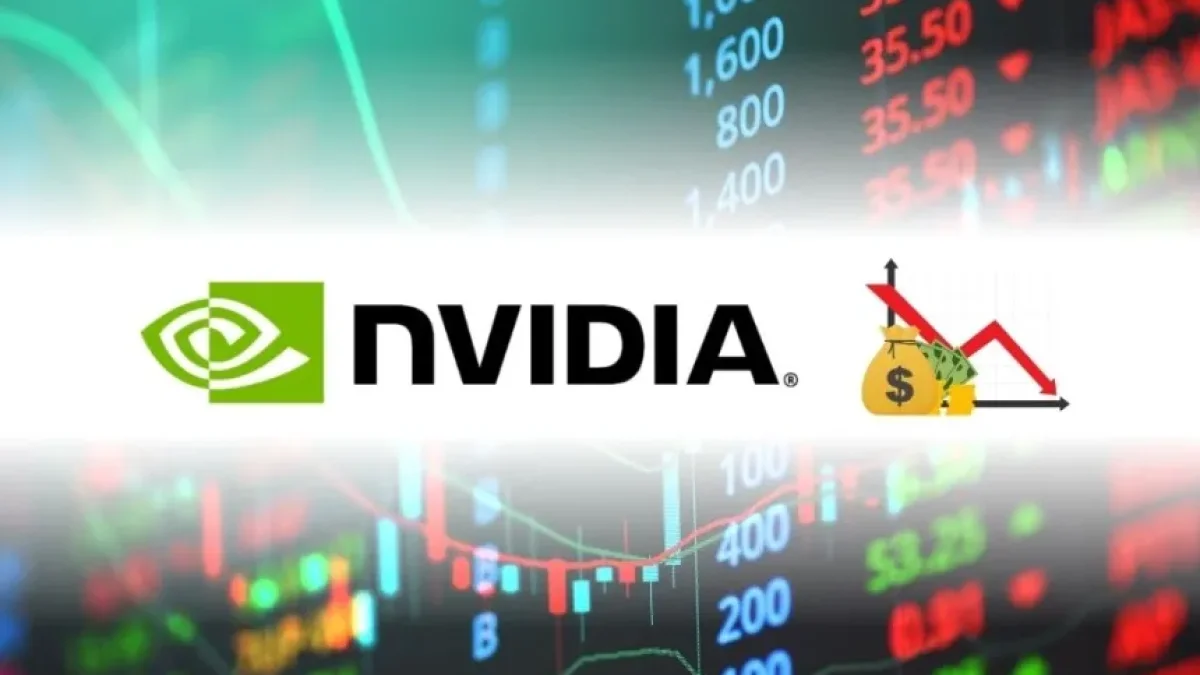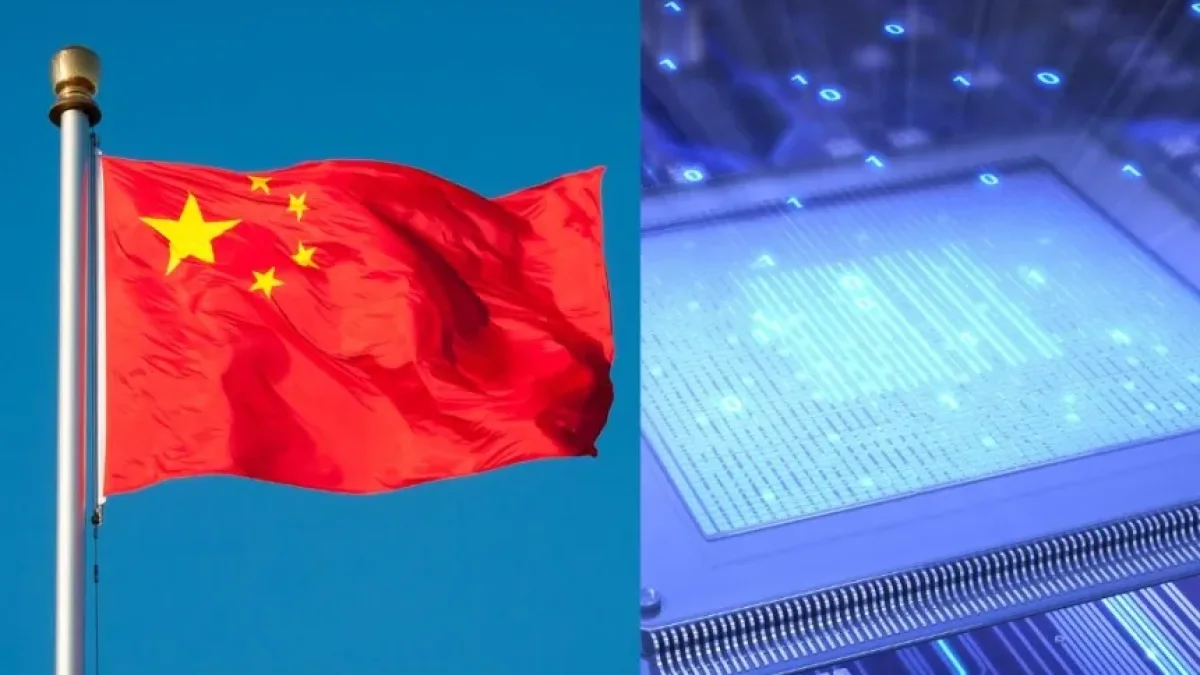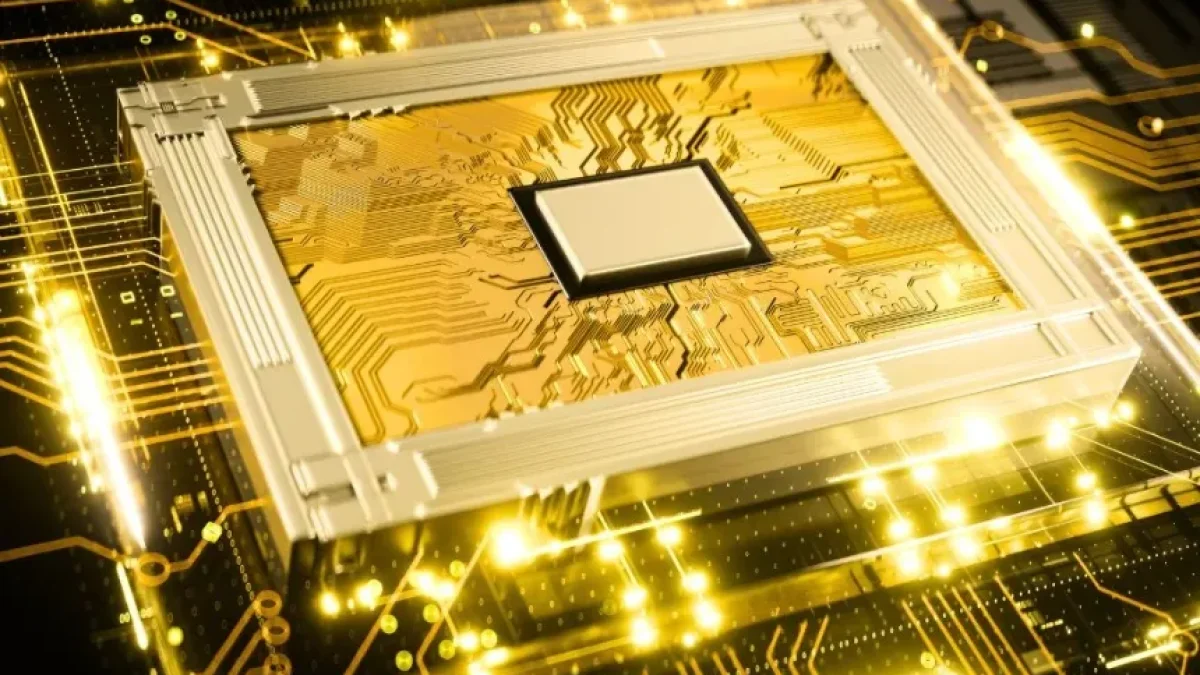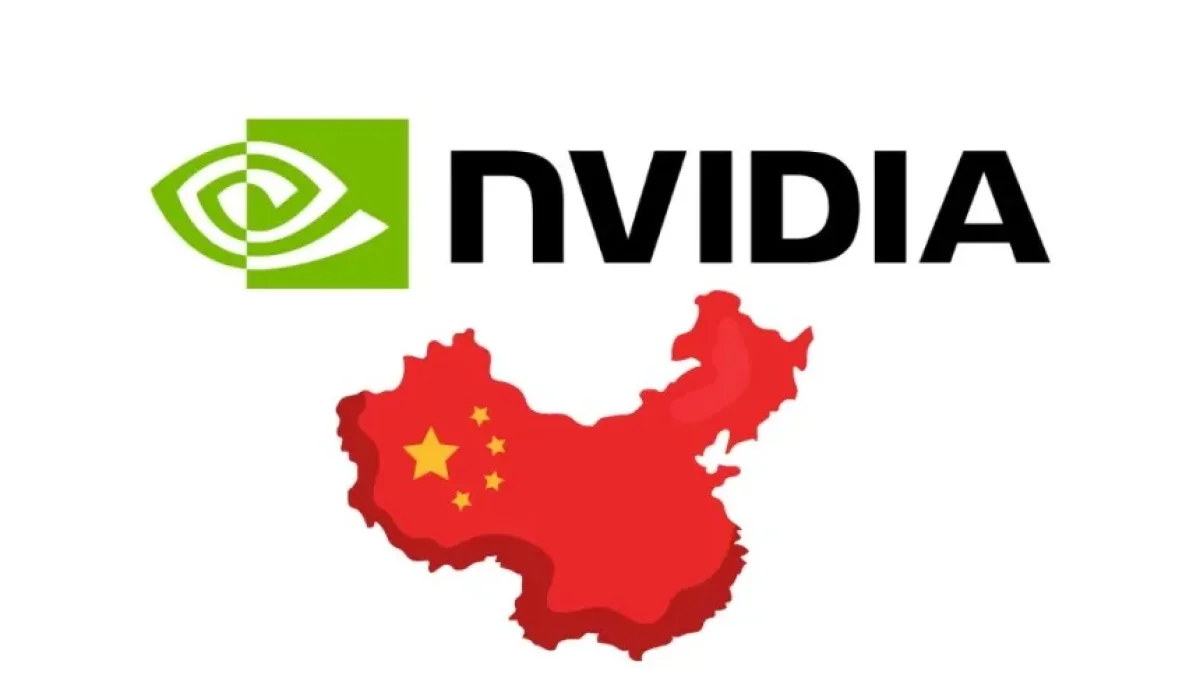The U.S. implements restrictions on TSMC, Intel, and Samsung.

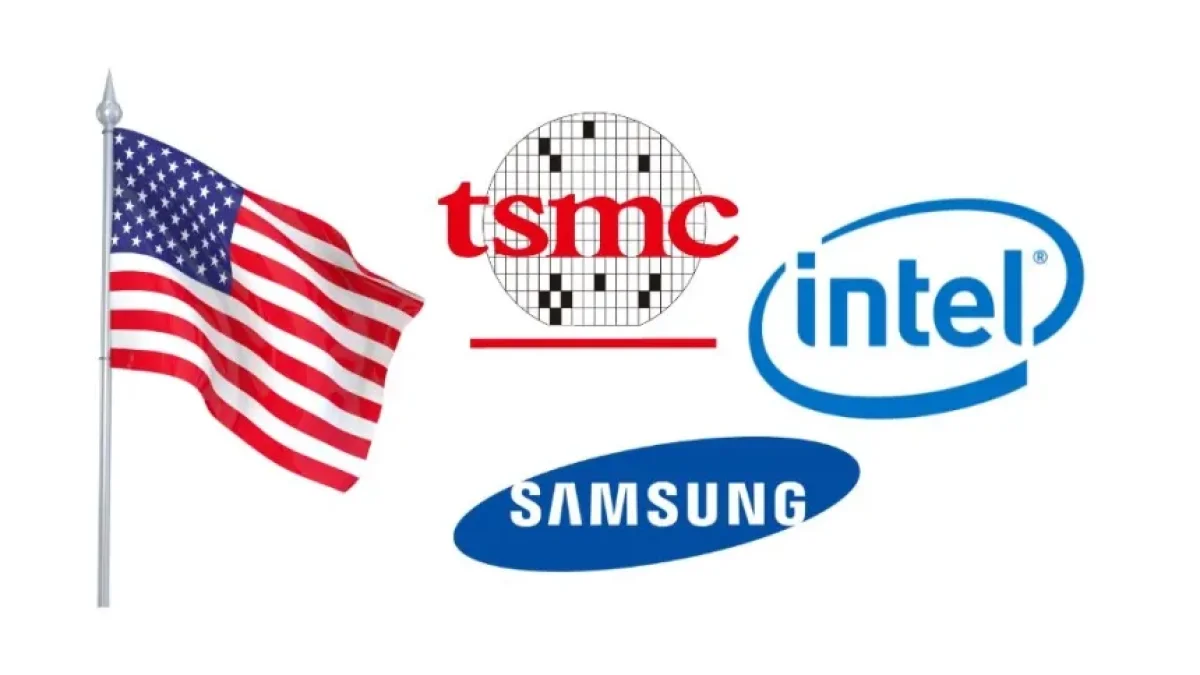
Recently, the United States has made the decision to impose restrictions on some of the most influential companies in the technology sector, specifically TSMC, Intel, and Samsung. This measure is part of a broader strategy to address concerns related to national security and competition with China in the semiconductor arena. Below, we present the most relevant details of these restrictions.
Table of Contents
Context of the Restrictions
In an effort to limit technology transfer and improve its competitive position against China, the United States has begun to implement new regulations affecting several leading semiconductor manufacturing companies. TSMC, Intel, and Samsung are three of the firms most impacted by these measures, which aim to ensure that no technological leaks occur that may benefit the Asian giant.
Implications for TSMC
Taiwan Semiconductor Manufacturing Company (TSMC) is one of the largest chip manufacturers in the world. Under the new restrictions, TSMC will need to adapt to the regulations imposed by the U.S. government, which could alter its operations and its ability to collaborate with strategic customers. These regulations could impact the delivery of products to U.S. companies that rely on its advanced technology.
Read also
Impact on Intel
Intel, a pillar of the semiconductor sector in the United States, will also be affected by these restrictions. The company, which has struggled to reclaim its leadership position in the market, finds itself at a crossroads. While the new measures could limit its access to certain markets and technologies, they could also open opportunities to innovate in new products that comply with the regulations.
Samsung in the Spotlight
Samsung, the South Korean giant that competes with TSMC and Intel in semiconductor production, also faces challenges. The U.S. restrictions could lead to a reevaluation of its investments in technology development and its supply chain. As a result, this could affect the company's business relationships with clients and partners in the United States.
The Goal Behind the Restrictions
The restrictions imposed by the United States aim to safeguard critical technology and compete effectively with China's growing influence in the global semiconductor market. According to U.S. officials, national security is one of the main concerns behind these measures, as access to advanced technology can enable undesired actors to develop capabilities that threaten geopolitical stability.
Read also
Reactions in the Industry
The implementation of these restrictions has generated diverse reactions within the technology industry. Some companies have expressed concern about the implications this will have on innovation and international collaboration. However, other companies have begun to explore alternatives to adapt to this new regulatory environment.
Conclusions
The recent restrictions by the United States on TSMC, Intel, and Samsung represent a significant shift in the dynamics of the semiconductor market. As these companies navigate the new regulatory landscape, the impact of these decisions will be felt throughout the technology industry. We will stay alert for any new information that arises regarding these restrictions and their effect on the future of the companies involved.
If you want to stay informed about these and other news in the technology sector, I invite you to continue reading my blog to keep up with the latest developments.

